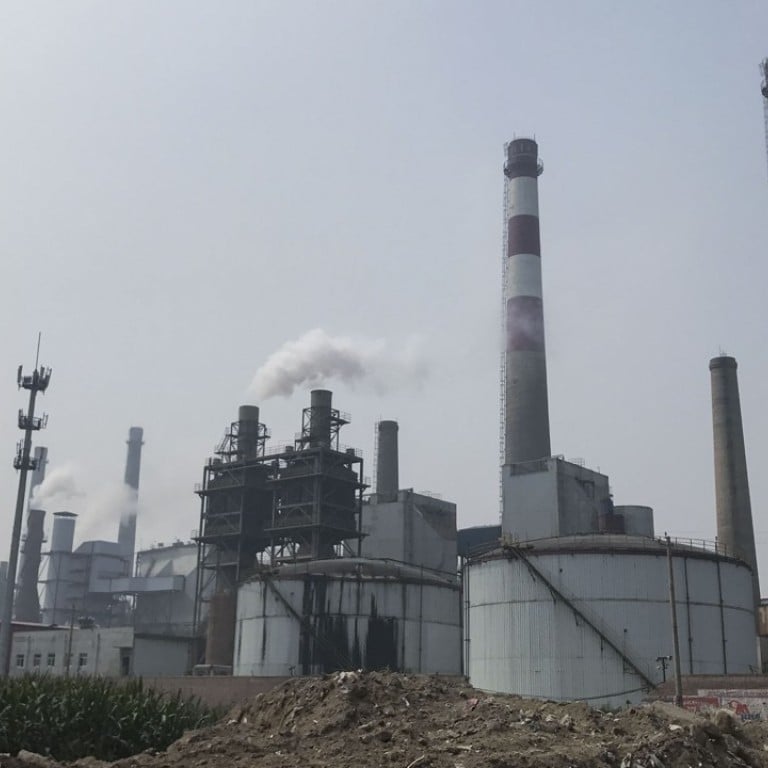
China’s sustainable firms are starting to outperform
Chinese companies that disclose their environmental, social and governance measures are outperforming on the stock market, data show
China is one of the biggest polluters in the world, its economic growth over the last 40 years coming at a huge cost to the natural environment.
But the nation is aggressively stepping up efforts to steer its economy away from the traditional, high-pollution, manufacturing industries towards consumer-led growth. This model would put sustainable, environmentally friendly sectors such as health care, insurance and consumer technology at the forefront of growth.
However there are, as yet, no strict regulations governing how much information a company has to divulge about its environmental, social and governance (ESG) efforts. They are basically free to decide how much they reveal.
But now signs are emerging that some of the more modern, forward-thinking Chinese companies, which choose to disclose their ESG data, have been producing higher returns than their peers.
Chinese companies ranked in the top ten percentile according to their ESG-disclosure score gained 33 per cent in the past year, according to Bloomberg data. They outperformed the Hang Seng China Enterprises Index – which mostly tracks the “old economy” companies such as manufacturers – by 17 percentage points. Meanwhile, the S&P New China index, representing the “new economy”, is up 44 per cent so far this year.
Chinese investors are becoming more interested in these companies, which are participating in the country’s “new economy” and staying in line with policy goals.
Focus is turning to China to lead the fight against climate change, particularly in light of President Donald Trump’s decision to take the US out of the Paris Agreement
Robert Barker, BNP Paribas’ head of sustainable finance and investment, Global Markets Asia Pacific, expects Chinese corporates to create US$2.3 trillion of business opportunities in the next 15 years to achieve the goals of sustainable development.
“The pace and scale of the investment required is extremely high,”Barker said. “The question for the fund manager then becomes whether the position of the portfolio correctly reflects this trend in investment opportunity.”
China’s transition is likely to take many years, but the course has been set by national policy, with four areas identified: cities, energy and materials, food and agriculture, and health and well being. About US$98 billion is required for electric vehicles, US$361 billion of investment for renewable power and US$831 billion for waste management, said Barker.
“By aligning yourself with sectors that are sustainable, you are aligning with the way that the development has been decided by China,” said Yoram Layani, BNP Paribas’ head of institutional sales Asia ex. Japan. “This strategy will probably accelerate in December this year.”
BNP manages US$3 billion in sustainable equity indices
Meanwhile investors may want to manage their portfolios to avoid companies that are not in step with China’s development plan and face reputational, ethical and legal risks subject to government restriction fines.
“These companies may suffer from competition from those in the renewable energy sectors, and from electric vehicles,” Layani said.

